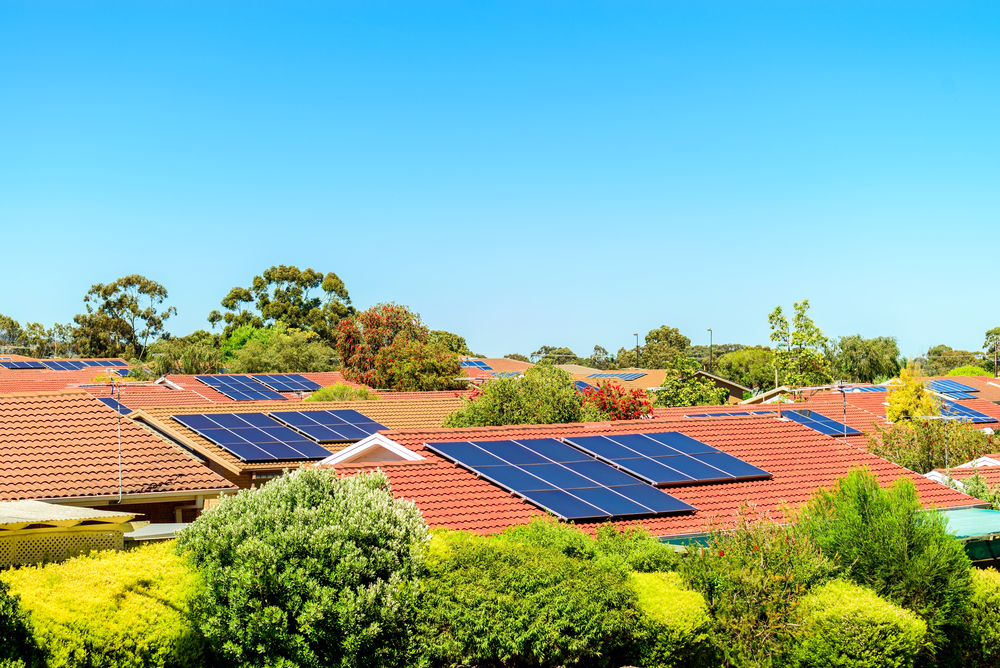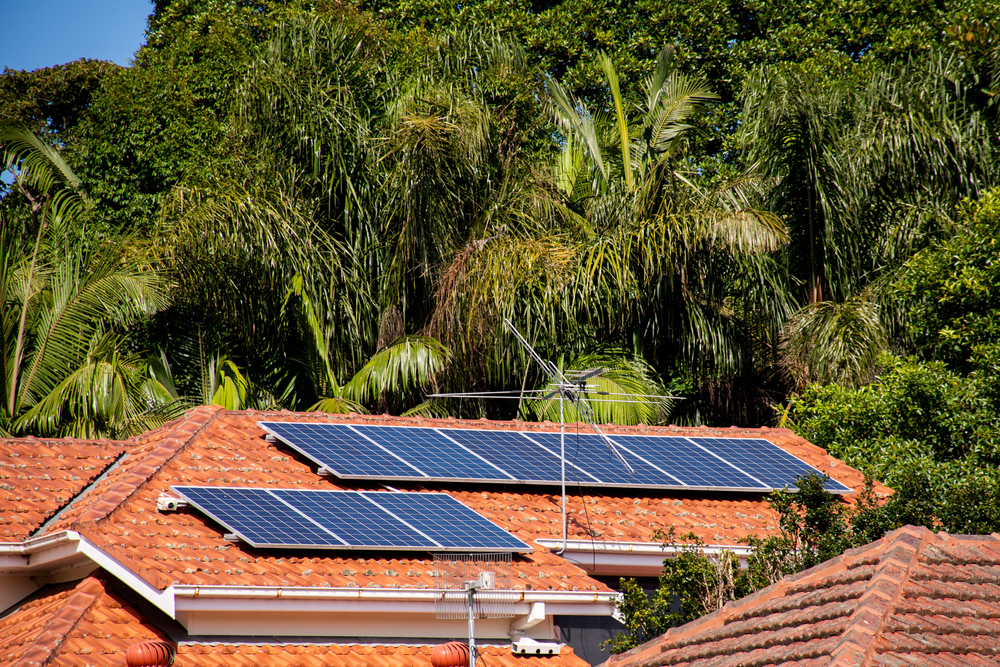
Discover if investing in solar batteries is a cost-effective solution for Central Coast families in our insightful article.
Families are turning to solar power in record numbers, but many still wonder: do solar batteries really pay off? These systems promise lower bills, greater energy independence, and a greener footprint, but the upfront cost can seem daunting. At Freedom Solar & Batteries, we see how the right solution can balance costs and long-term savings, giving households financial and environmental benefits.
In this article, we’ll explore the real value of solar batteries in the Central Coast, the incentives available, and the key factors that determine whether they’re the right choice for your home and lifestyle.

For families exploring solar batteries, the biggest hurdle is often the upfront price tag. While the idea of storing your own solar power and reducing reliance on the grid is appealing, the price tag may feel steep without the right guidance. Unlike solar panels, which have become cheaper in the past decade, batteries are still considered a premium upgrade. However, with the right system size and support from government incentives, families can often find a balance between affordability and long-term savings. To make a correct decision, it’s important to understand the average costs in the region, what factors influence installation, and what extra expenses may come into play.
The cost of solar batteries varies depending on storage capacity, technology, and whether you’re adding them to an existing solar setup or installing a brand-new system. The following ranges are most common:
Suitable for smaller households with moderate evening electricity needs, these systems are often chosen by families who want to dip their toes into battery storage without committing to a high-capacity option.
This is the sweet spot for many homes, as it typically covers evening use for an average-sized family, including appliances, lighting, and heating/cooling.
Best suited for larger families or households with high electricity use (such as pool pumps, EV charging, or frequent appliance use). Though more expensive upfront, these systems can maximise independence from the grid and future-proof the home as energy needs grow.
The cost of installing a solar battery is rarely one-size-fits-all. Several factors can increase or decrease your final bill, and knowing them upfront helps avoid surprises:
Beyond the headline cost of the battery itself, there are additional expenses that can catch families off guard if they aren’t factored into the budget from the start.
One of the biggest motivations for investing in solar batteries is the promise of lower energy bills. By storing excess solar power during the day and using it when the sun goes down, households can avoid expensive grid power and take greater control of their electricity costs. The savings potential depends on several factors, including household size, daily consumption habits, and the rate at which electricity prices continue to rise.
Grid electricity is most expensive during peak hours, typically in the evening when demand surges. Without a battery, solar households still rely on grid power at night, which can quickly erode daytime solar savings. Solar batteries change this equation.
Not all families save the same with solar batteries; your household size and energy habits play a huge role.
Electricity costs have been steadily climbing in recent years, and most experts expect this trend to continue. This makes solar batteries even more appealing, as their value grows with every price hike.
In short, while the exact dollar figure varies, most families who invest in solar batteries see consistent savings year after year, with bigger households and heavy evening users enjoying the greatest benefits.
The payback period depends on how much electricity you use, how much solar power you can generate, and how effectively you can store and use that energy. Beyond financial savings, many households also value the extra security and independence batteries provide, which can make them worthwhile even before the numbers balance perfectly.
The “payback period” refers to the time it takes for your savings on electricity bills to equal the upfront cost of the battery system. This often ranges between 7 and 12 years, depending on usage patterns and incentives.
Not every household will experience the same level of financial benefit from a solar battery. Families that consume more energy during peak evening hours tend to see the fastest payback.
While cost savings are important, solar batteries provide more than just financial returns. Many are drawn to the added security and peace of mind they deliver.
Solar batteries don’t just cut bills; they give your family energy freedom, protection from price hikes, and the peace of mind of a cleaner, more sustainable future. While the upfront investment can seem daunting, the long-term financial and environmental rewards make it a smart choice for many households. At Freedom Solar & Batteries, we’re here to help you explore whether a solar battery is the right fit for your home. Reach out today and take the first step towards smarter, greener energy.